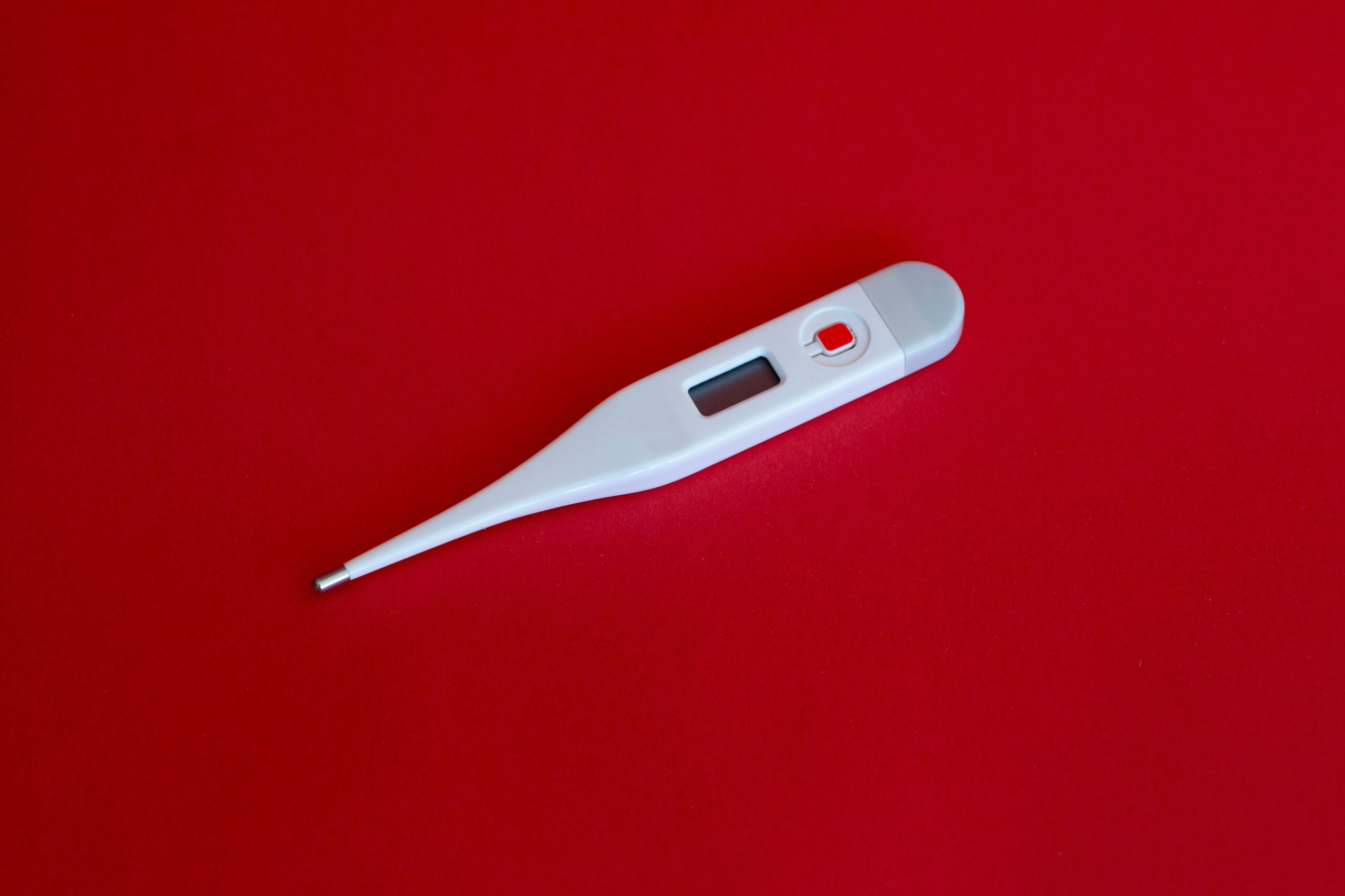Introduction
Macroglossia, commonly known as a “huge tongue,” is a condition characterized by an abnormally large tongue in relation to the size of the mouth. While it can occur in both children and adults, it is more commonly seen in infants and younger individuals. In this article, we will explore the causes of macroglossia and discuss various management options available.
Causes of Macroglossia
There can be several underlying causes for macroglossia, including:
1. Congenital Factors
Macroglossia can be present at birth due to congenital factors. Some infants may have an enlarged tongue as a result of genetic conditions such as Down syndrome, Beckwith-Wiedemann syndrome, or other rare genetic disorders. These conditions can lead to abnormal growth and development of the tongue.
2. Inflammatory Conditions
Inflammation of the tongue can also cause it to enlarge. Conditions such as glossitis, which is the inflammation of the tongue, can result in macroglossia. Glossitis can be caused by various factors, including infections, allergies, or nutritional deficiencies.
3. Trauma
Injuries to the tongue, such as biting or trauma during dental procedures, can lead to swelling and enlargement. This temporary swelling can cause the tongue to appear larger than usual.
4. Endocrine Disorders
Certain endocrine disorders, such as hypothyroidism or acromegaly, can contribute to the development of macroglossia. These conditions affect hormone levels in the body, which can lead to abnormal growth of the tongue.
5. Tumors
In rare cases, tumors or growths on the tongue or surrounding tissues can cause macroglossia. These growths can be benign or malignant and may require medical intervention for proper management.
Management of Macroglossia
The management of macroglossia depends on the underlying cause and the severity of the condition. Here are some approaches that may be considered:
1. Observation and Monitoring
In mild cases of macroglossia, especially in infants, observation and monitoring may be sufficient. Many infants with macroglossia experience a reduction in tongue size as they grow. Regular check-ups with a healthcare professional can help ensure that the condition does not worsen or cause any complications.
2. Speech Therapy
For individuals with macroglossia that affects speech and swallowing, speech therapy can be beneficial. Speech therapists can provide exercises and techniques to help improve speech clarity and swallowing function.
3. Surgical Intervention
In severe cases of macroglossia, where the condition significantly affects quality of life or poses health risks, surgical intervention may be necessary. Tongue reduction surgery, also known as glossectomy, can be performed to reduce the size of the tongue. This procedure involves removing a portion of the tongue to achieve a more manageable size.
4. Treatment of Underlying Conditions
If macroglossia is caused by an underlying medical condition, such as a tumor or endocrine disorder, the primary focus of treatment will be addressing that condition. Treating the underlying cause can help alleviate the symptoms of macroglossia.
5. Symptomatic Relief
In some cases, symptomatic relief measures may be recommended to manage discomfort associated with macroglossia. This can include pain management strategies, such as over-the-counter pain relievers or topical numbing agents, to alleviate any pain or swelling.
Conclusion
Macroglossia, or a huge tongue, can be caused by various factors ranging from congenital conditions to tumors. The management of macroglossia depends on the underlying cause and the severity of the condition. While observation and speech therapy may be sufficient for mild cases, surgical intervention and treatment of underlying conditions may be necessary for more severe cases. If you or your child experience symptoms of macroglossia, it is important to consult with a healthcare professional for an accurate diagnosis and appropriate management plan.


